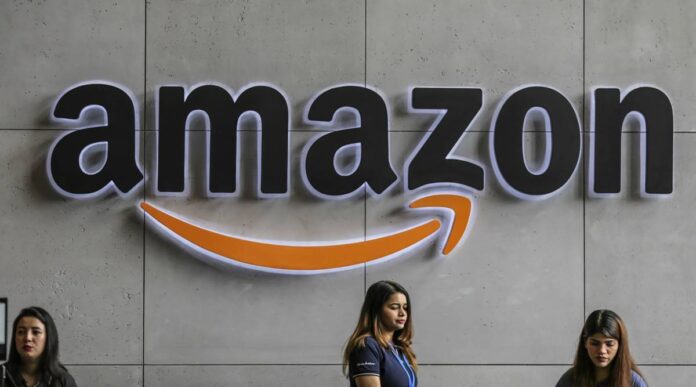Any IoT device in the US is welcome to use Amazon’s long-range, low-bandwidth mesh network, known as Sidewalk.
With over 90% of the US populace now connected to Amazon’s low-power, long-range IoT network, third-party devices will now be able to join the network. The controversial Amazon Sidewalk is now available for developer testing, according to the e-commerce behemoth, enabling third-party devices to link to its extensive network.
The first coverage map from Amazon shows just how deeply the Sidewalk IoT network penetrates the typical American community. According to the Sidewalk coverage map, the now-public network is accessible by more than 90% of the US populace. (it is limited to the United States only at this time).
Amazon Sidewalk is a shared mesh network that was first introduced in 2019. According to the company, it makes it easier for devices like Tile trackers, Amazon Echo speakers, Ring security cameras, outdoor lights and motion sensors to function better inside and outside of the house.
It is a mesh network made to be used with devices that don’t need a lot of data, not a rival to conventional 4G/5G cellular or mobile networks. (i.e smart locks, soil moisture sensors, weather stations, leak sensors, garage door controllers etc). In essence, it is Amazon’s solution to fixing connectivity issues with smart house devices. Sidewalk was initially created to enable Level smart locks to connect to the internet and assist Ring cameras send motion notifications even when they are offline.
Additionally, it presently functions with a few commercial-grade bridges, the Amazon Echo Show 10, Echo, and Echo Dot smart speakers, as well as wired Ring spotlight and floodlight cameras.
When this mesh network is activated, Sidewalk devices in a neighbourhood will assist one another, making it easier to set up new devices, keep them online even when they are outside of the range of the home’s Wi-Fi, and increase the range of tracking devices like dog or package trackers. When Jackson, Mississippi authorities asked Amazon to give them access to resident’s smart doorbells in late 2020, privacy activists in the US were already concerned about this.












